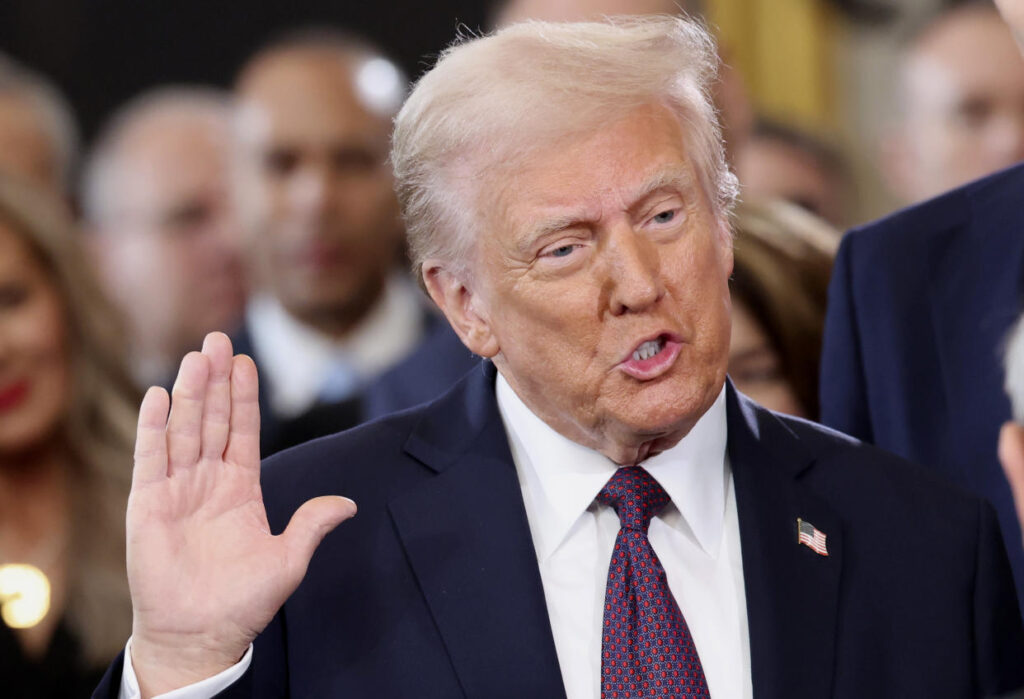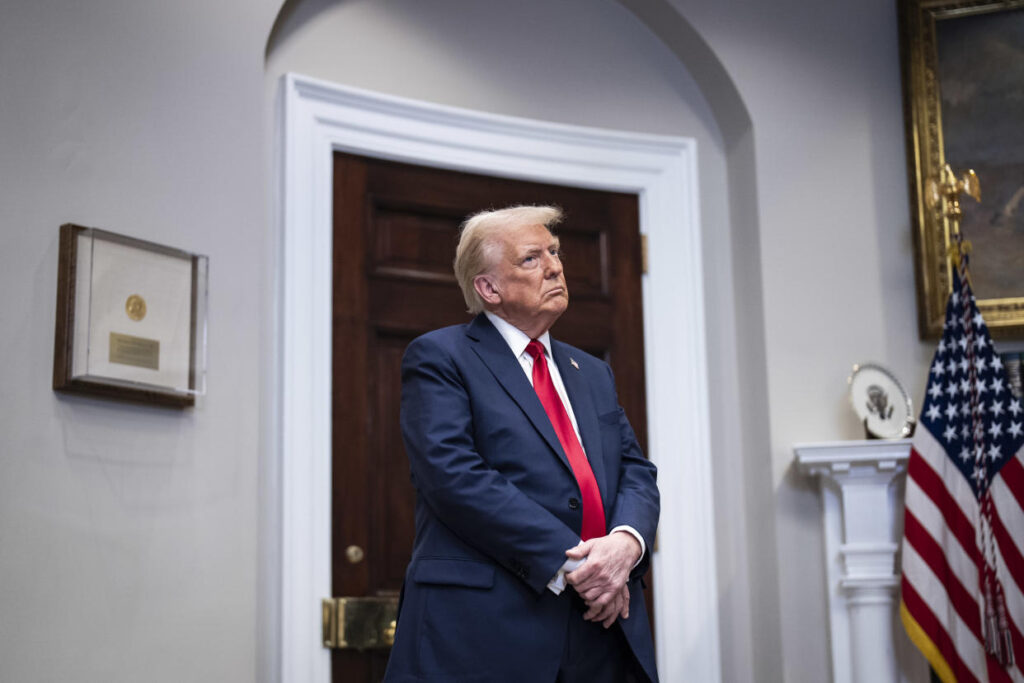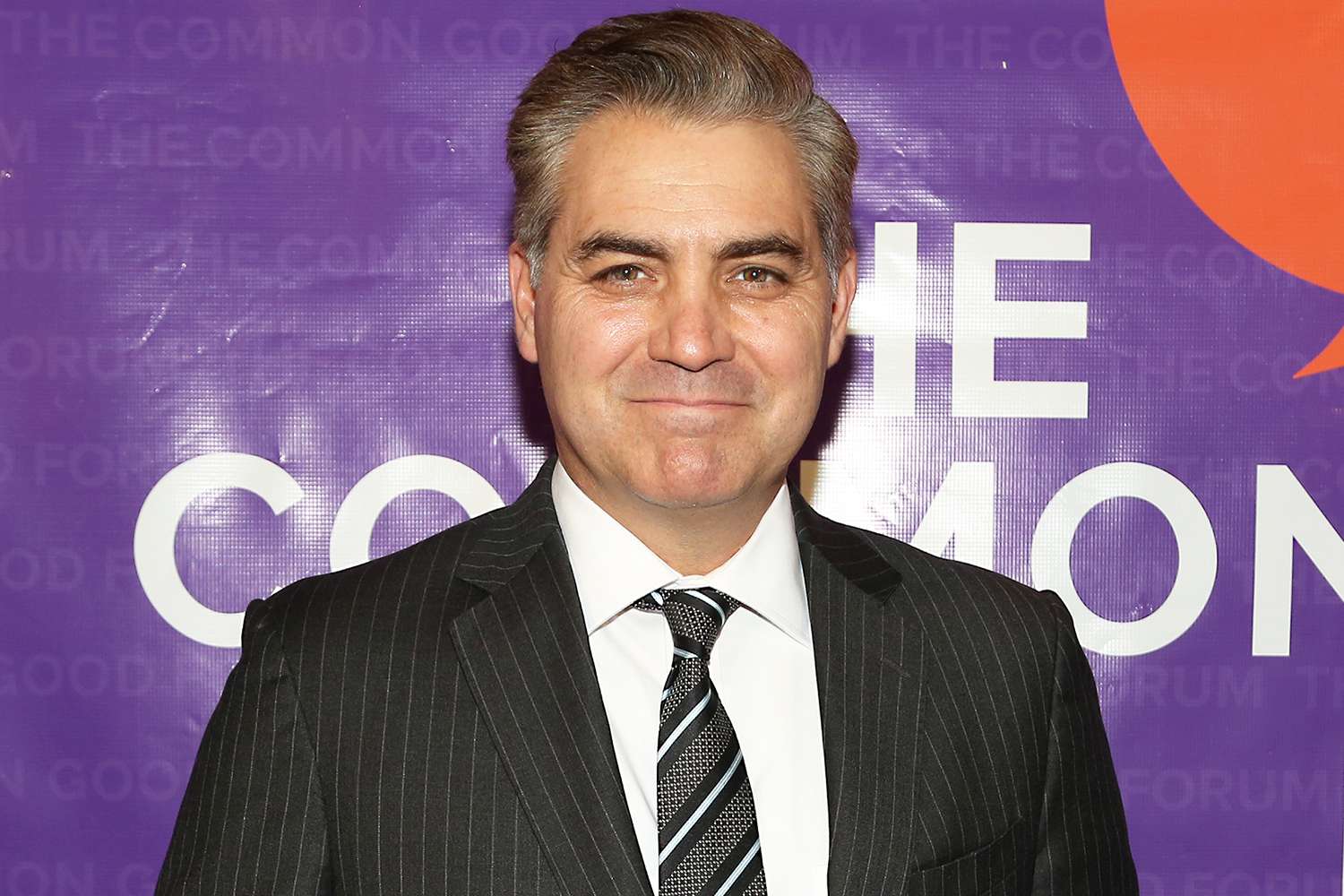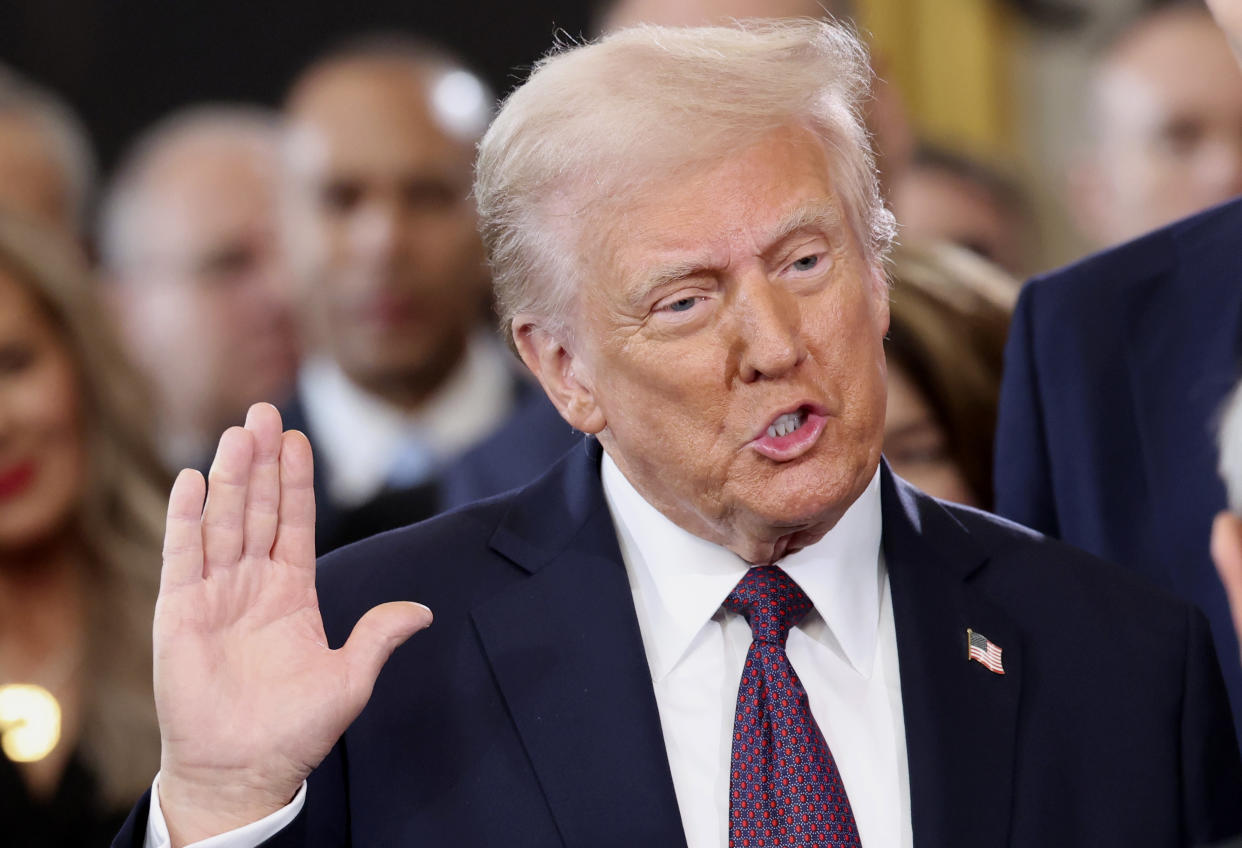
Federal Grants Pause : Explore the recent federal grants pause, its effects on education, healthcare, infrastructure, and nonprofits, and strategies for organizations to navigate this funding hiatus.
Table of Contents
On January 27, 2025, the White House announced a significant pause on federal grants and loan disbursements, a move that has sent ripples through various sectors reliant on government funding. This decision, as reported by CNN, aims to reevaluate and realign federal spending with the current administration’s policy objectives. While the pause is intended to ensure fiscal responsibility and policy coherence, it has raised concerns among stakeholders about potential disruptions to essential services and programs.
Understanding the Federal Grants Pause
Federal grants are financial awards provided by the federal government to support projects and services that benefit the public. These grants fund a wide array of initiatives, including education, healthcare, infrastructure, and research. The recent pause affects the disbursement of these funds, pending a comprehensive review to ensure alignment with the administration’s priorities.
Impacted Sectors
- Education: Many educational institutions rely on federal grants to support programs, research, and student aid. The pause could delay funding for scholarships, educational resources, and research projects, potentially affecting students and faculty nationwide.
- Healthcare: Federal grants play a crucial role in supporting healthcare services, including public health initiatives, medical research, and community health programs. A halt in funding may disrupt ongoing research and limit access to essential health services, particularly in underserved communities.
- Infrastructure: Infrastructure projects, such as transportation, water systems, and public facilities, often depend on federal grants. Pausing these funds could delay critical projects, affecting economic development and public safety.
- Nonprofit Organizations: Many nonprofits rely on federal grants to deliver services like housing assistance, food programs, and disaster relief. The funding pause may hinder their ability to serve vulnerable populations effectively.
Legal and Political Reactions
The decision to pause federal grants has sparked legal and political debates. Critics argue that the executive branch may lack the authority to withhold funds that Congress has already appropriated, citing potential violations of the Impoundment Control Act of 1974. This act requires the executive branch to obtain congressional approval before withholding allocated funds.
Legal experts anticipate challenges to the pause, with potential lawsuits aiming to compel the administration to release the funds. The outcome of these legal battles could have significant implications for the separation of powers and the future of federal funding processes.
Economic Implications
The pause on federal grants and loans could have far-reaching economic consequences. Delayed funding may lead to project postponements, job losses, and reduced services across various sectors. For instance, infrastructure projects awaiting federal funds might face construction delays, affecting contractors and workers.
Additionally, educational institutions may struggle to provide financial aid to students, potentially increasing student debt burdens. Healthcare providers could experience funding gaps, limiting their capacity to offer services, especially in low-income areas.
Strategies for Affected Entities
Organizations and institutions impacted by the funding pause should consider the following strategies:
- Diversify Funding Sources: Seek alternative funding from state governments, private foundations, and corporate sponsors to mitigate reliance on federal grants.
- Advocacy and Engagement: Engage with policymakers to communicate the importance of continued funding and the potential impacts of the pause on services and programs.
- Financial Planning: Implement prudent financial management practices to conserve resources and prioritize essential services during the funding hiatus.
- Collaboration: Partner with other organizations to share resources and maintain service delivery during periods of financial uncertainty.
Future Outlook
The pause on federal grants and loans represents a significant shift in federal funding policy. The administration’s review aims to ensure that spending aligns with its policy goals, potentially leading to changes in funding priorities.
Stakeholders should stay informed about developments in this area, as the outcomes of legal challenges and policy reviews will shape the future landscape of federal funding. Proactive engagement and adaptive strategies will be crucial for organizations to navigate this period of uncertainty.
The White House’s decision to pause federal grants and loan disbursements marks a pivotal moment in federal funding policy. While intended to promote fiscal responsibility and policy alignment, the move has significant implications for various sectors and has sparked legal and political debates. Organizations must remain vigilant and adaptable, seeking alternative funding sources and engaging with policymakers to advocate for the continuation of essential services and programs. visit THENEWSIFY for more pdate
Understanding the White House’s Pause on Federal Grants and Loans: Implications and Reactions
On Monday, the White House Office of Management and Budget (OMB) announced a temporary pause on federal grants and loans, sparking widespread concern and confusion among charities, educators, and other stakeholders who rely heavily on such funding. This decision, as outlined in a memorandum from OMB Acting Director Matthew Vaeth, is part of a broader effort to align federal financial assistance with the administration’s priorities, as specified in past executive orders.
While the White House has sought to clarify the scope of the directive, the memo has already triggered significant anxiety, legal challenges, and debates over its implications for various sectors. This article explores the details of the pause, the sectors most affected, the administration’s rationale, and the broader implications for federal funding and governance.
The Scope of the Memorandum
The memorandum specifies that federal agencies must “temporarily pause all activities related to obligation or disbursement of all Federal financial assistance.” However, it explicitly exempts Social Security and Medicare benefits as well as direct assistance to individuals. Instead, the focus appears to be on programs and initiatives that do not align with the administration’s stated priorities.
Key areas potentially affected include:
- Foreign Aid: Financial assistance for international programs and partnerships.
- Non-Governmental Organizations (NGOs): Funding for various nonprofit initiatives.
- Diversity, Equity, and Inclusion (DEI) Programs: Initiatives aimed at promoting social equity and representation.
- Environmental Policies: Programs related to the Green New Deal and similar climate-focused efforts.
- Woke Gender Ideology: A term used in the memo to describe certain gender-related initiatives.
The memo also allows for exceptions on a case-by-case basis, provided agencies submit detailed justifications to OMB by February 10.
Reactions from Stakeholders
Nonprofits and Advocacy Groups
Nonprofit organizations, many of which rely heavily on federal grants to operate, have expressed alarm over the potential impact of the pause. Several groups, including the National Council of Nonprofits and the American Public Health Association, have filed a lawsuit in federal court seeking a temporary restraining order to prevent the memo’s implementation.
In their complaint, the plaintiffs argue that the OMB lacks the legal authority to unilaterally suspend funding already allocated by Congress. They further contend that the abrupt nature of the directive could jeopardize critical services provided by nonprofits, including healthcare, education, and disaster relief.
Educational Institutions
Universities and schools that depend on federal grants for research and infrastructure projects have also raised concerns. Many educators worry that the pause could disrupt ongoing research initiatives, delay the launch of new programs, and undermine long-term planning efforts.
Charitable Organizations
Charities that provide essential services, particularly those supporting vulnerable populations, are bracing for potential funding shortfalls. The uncertainty surrounding the memo has made it difficult for these organizations to plan budgets and maintain operations.
The Administration’s Justification
In her first White House briefing, Press Secretary Karoline Leavitt emphasized that the pause is not a blanket suspension of federal assistance. Instead, it is targeted at programs that do not align with the administration’s agenda.
“If agencies feel that programs are necessary and in line with the president’s priorities, the OMB will review those policies,” Leavitt explained. She also clarified that the pause aims to ensure federal funding is allocated efficiently and effectively, rather than making across-the-board cuts.
However, Leavitt declined to address whether specific programs, such as Medicaid, would be affected. This lack of clarity has only heightened concerns among stakeholders.
Legal and Political Implications
The memo has reignited debates over executive authority and the balance of power between the White House and Congress. Critics argue that the administration’s decision to pause funding undermines congressional authority to allocate federal resources. The lawsuit filed by nonprofits highlights this tension, questioning the legal basis for the OMB’s directive.
From a political standpoint, the pause reflects the administration’s broader efforts to reshape federal funding priorities. By targeting programs associated with Democratic initiatives, the administration appears to be signaling a shift away from policies it views as inconsistent with its agenda.
Potential Consequences for Key Sectors

Healthcare
While Social Security and Medicare are exempt from the pause, other healthcare programs could face disruptions. For example, funding for public health initiatives, including those addressing pandemics and health disparities, may be delayed or reduced.
Climate and Environment
Environmental programs, particularly those aligned with the Green New Deal, are explicitly mentioned in the memo. This could stall efforts to combat climate change, implement renewable energy projects, and support conservation initiatives.
Social Equity Programs
The memo’s reference to DEI programs suggests that initiatives promoting diversity and inclusion could face significant setbacks. This may impact efforts to address systemic inequalities in education, employment, and other areas.
International Relations
The pause on foreign aid could strain relationships with international partners and hinder global initiatives addressing poverty, healthcare, and climate change.
Next Steps and Outlook
The OMB has instructed federal agencies to submit detailed information about affected programs by February 10. This provides a window for agencies to make the case for continued funding. However, the uncertainty surrounding the memo’s implementation timeline and criteria for exceptions has left many stakeholders in limbo.
In the meantime, legal challenges to the directive are likely to intensify. The outcome of these lawsuits could have far-reaching implications for the administration’s ability to unilaterally reshape federal funding priorities.
Conclusion
The White House’s pause on federal grants and loans has created a ripple effect across multiple sectors, from healthcare and education to environmental and social equity programs. While the administration frames the directive as a necessary step to align funding with its priorities, critics argue that it undermines congressional authority and jeopardizes critical services.
As the situation unfolds, stakeholders must navigate an uncertain landscape, balancing immediate operational needs with the broader legal and political battles that lie ahead. Whether the pause represents a temporary adjustment or a longer-term shift in federal funding policy remains to be seen.









Leave a Reply